The founder of this Kaitake rum distillery is never short of brilliant ideas
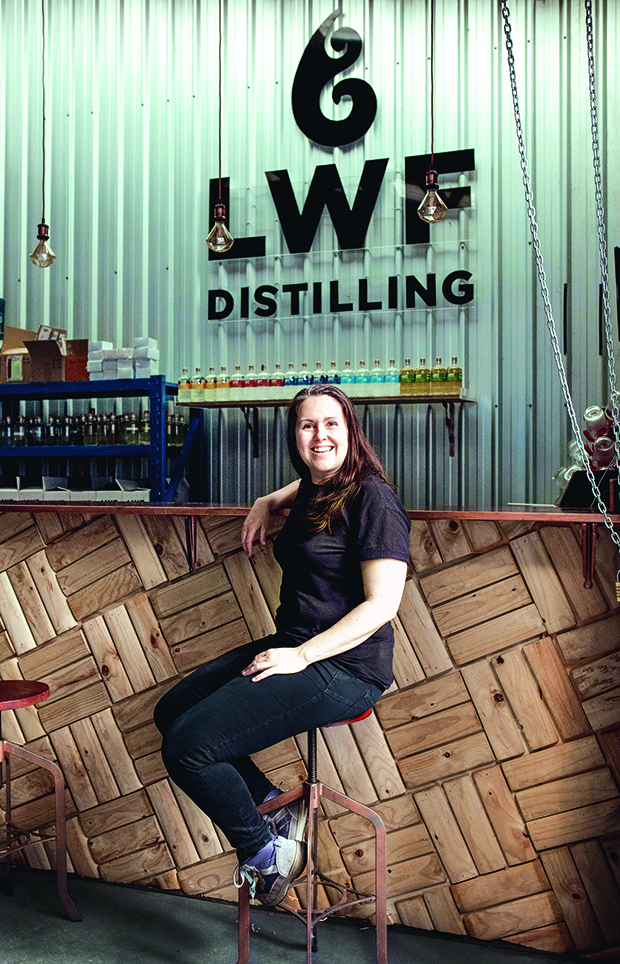
A rum maker’s entrepreneurial spirit extends to giving others a hand-up.
Words: Jenny Garing Photos: Brooke Lean
Janet Charteris of LWF Distilling might make rum, but that’s not the spirit she is most eager to discuss. What drives Janet is an entrepreneurial spirit; if she could bottle her marketing and business skills, she could sell them too.
The Otago University economics and marketing graduate worked in New Zealand and Australia and was in Britain working for Premier Foods, a large company with brands including Branston Beans and Mr Kipling cakes when the Global Financial Crisis struck in 2008. Premier was so saddled with debt that the British government had to bail it out. Although initially employed as a commercial marketer, Janet was later tasked with looking at the company’s production problems at grassroots level, analyzing them and making the hard decisions about fixing them.
“Telling a board to stop producing a product they had been emotionally invested in for years was not easy,” she says. But the role — and the lessons learnt — cemented a career for Janet as a business analyst.
She returned to the southern hemisphere in 2019 to do an MBA at the Melbourne Business School, wanting to remain competitive in business consulting. Then, she had an aha moment. “After 20 years, I was done with big-city living and felt there was more to life than sitting in traffic and chasing dollars,” she says. It was time to go home.
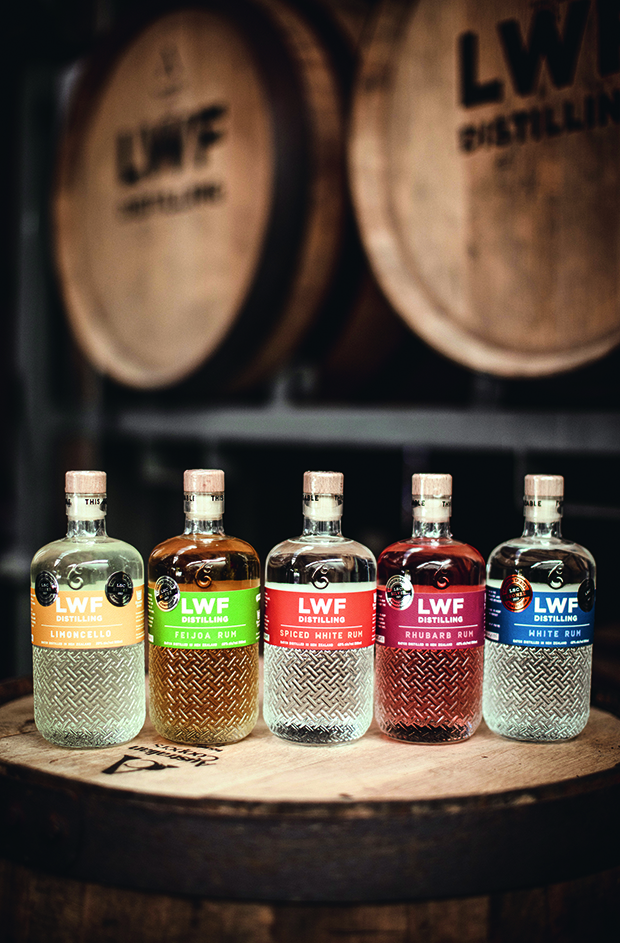
Her family farm, a third-generation dairy farm in Kaitake, south of New Plymouth, had been converted to macadamias by her parents. Janet decided this was where she wanted to live. Her decision to launch a rum distillery there was carefully planned. “I kept returning to distilling because spirits are an interesting product to market. I had developed a yeast allergy and was drinking spirits as wine and beer were off the table for me.”
From her marketing experience, she knew the New Zealand market lags about five or six years behind Europe in food and drink trends. At the time, bourbon, tequila and rum were particularly popular in Europe.
She ruled out bourbon as too rooted in American culture and tequila because of naming rights issues and confusion outside of México. She also knew that as there are few regulations controlling rum production, it would be easier to get going quickly.
The difficulty was convincing her father to let her turn the old macadamia shelling shed on the family farm into a rum distillery. That took three years.
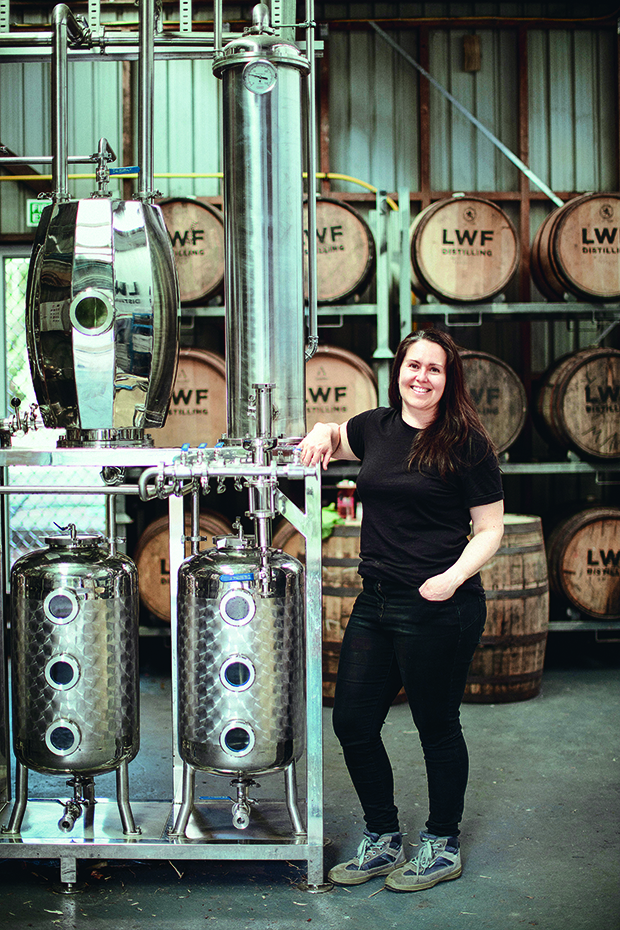
Her grandfather built the shed and was a gin drinker, but Janet knew not to go down that route. “Gin has taken off as it fills a gap for whiskey makers using their still while waiting for their whiskey to barrel age. Gin-making in New Zealand is a ridiculously competitive market. Rum is simple to make. The market is relatively untapped, and white rum can be sold the day it comes off the production line. Gold and dark rum must be aged like a whiskey — but then can be sold at a premium.”
This gave Janet short- and long-term options. LWF sells plain white rum and white rum flavoured with spices, rhubarb and feijoas, the fruit sourced from the family farm.
She holds her gold rum for two years longer than the minimum age required to create a complex and interesting product. She also runs mixology and rum-blending events in the 35-year-old former nut shed, so things were tough when Covid-19 struck despite having a sound business plan. Not only could Janet not hold events, but she was also unable to source molasses, the price of materials and freight skyrocketed, and she couldn’t get out to promote her products. But, like so many distillers, she redeployed her still to make hand sanitizer and has come through the storm unfazed.
“I feel lucky and happy,” she says. “Though I’m not on a business trip in the Caribbean right now, as I had wished to be, I am sitting with lots of Christmas baubles planning the five Christmas party bookings at the distillery.”
A HAND-UP TO A LIFE WORTH LIVING
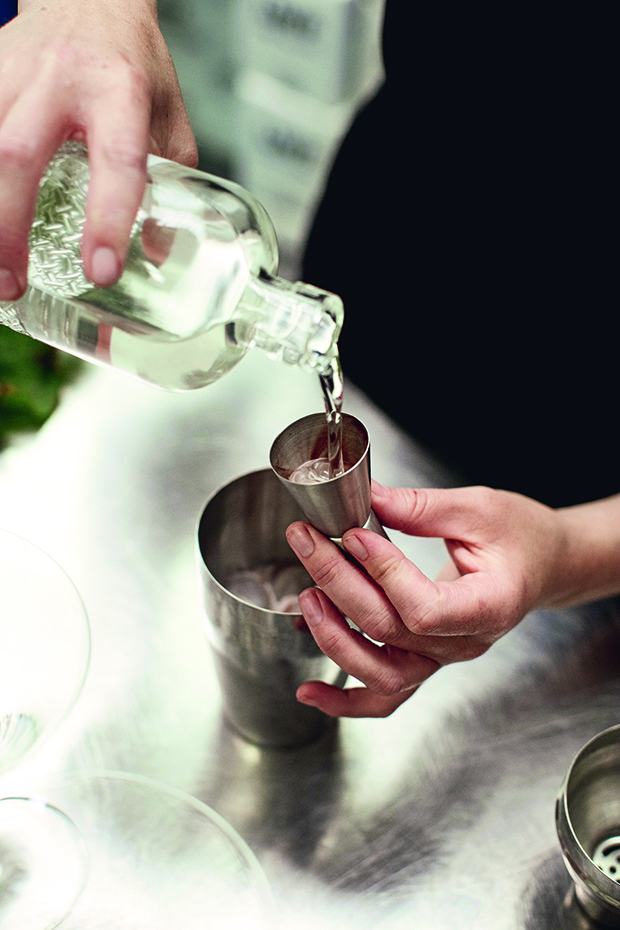
Janet donates to a non-profit organization called KIVA, which allows people to lend money to low-income entrepreneurs and students in 77 countries. It is the inspiration behind the full name of her distillery, Life Worth Funding. She can stipulate who receives her funding and usually chooses people in agriculture.
“I want to loan to women because I believe they can change societies, and to agricultural ventures, because that is so important, and is my background growing up on a farm.” She says she doesn’t like “corporate social responsibility” used as an excuse for a business to leverage off hardship. “If people like my rum, buy my rum,” she says. “If they like the idea of KIVA, donate funds to KIVA, or provide loans through the organization.”
WHAT MAKES IT A RUM?
It is often thought that there are no rules for making rum, and anything goes. But that isn’t the case. In New Zealand, rum must:
1. Be made from sugarcane, such as molasses from sugarcane, fresh sugarcane juice (sometimes called garapa), or sugarcane syrup.
2. Gold and dark rum must be aged in wooden barrels for at least two years.
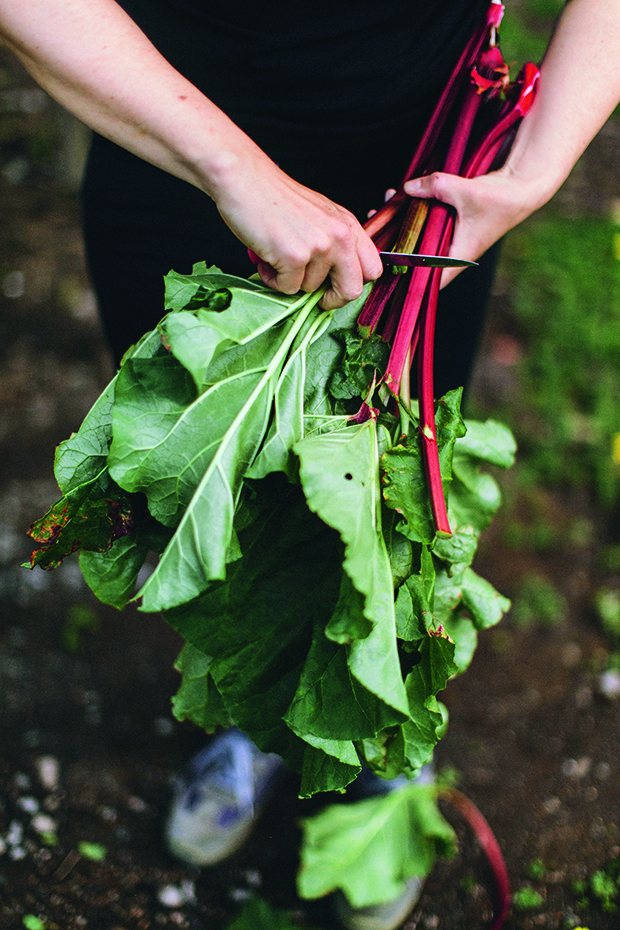
WHAT ARE A BOTANICAL BASKET AND A RUM THUMPER?
Rum-makers use these two pieces of apparatus to flavour white rums. The basket holds fruit or herbs in the alcohol to infuse flavour. The thumper does the same thing but with liquid flavours. For example, if added directly, honey would sink, causing flavour inconsistency. The thumper holds the honey as it infuses.
Chocolate Lamington Cocktail
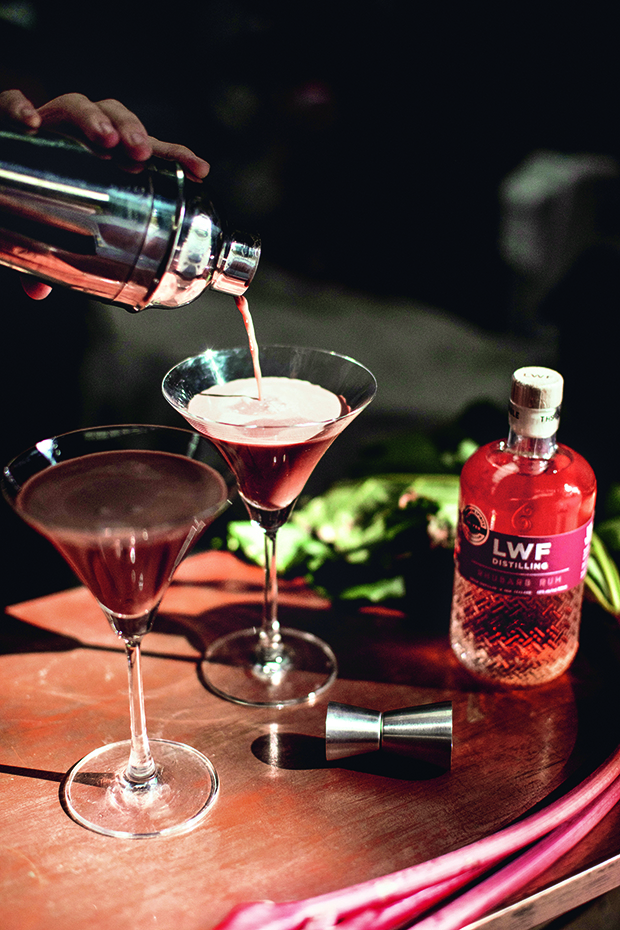
Serves: 1
INGREDIENTS
45ml LWF Rhubarb Rum
60ml coconut milk
1 teaspoon cocoa powder
10ml simple sugar syrup
METHOD
Put the ingredients into a blender and blitz well. Serve in a cocktail glass over ice.
Love this story? Subscribe now!
 This article first appeared in NZ Life & Leisure Magazine.
This article first appeared in NZ Life & Leisure Magazine.

